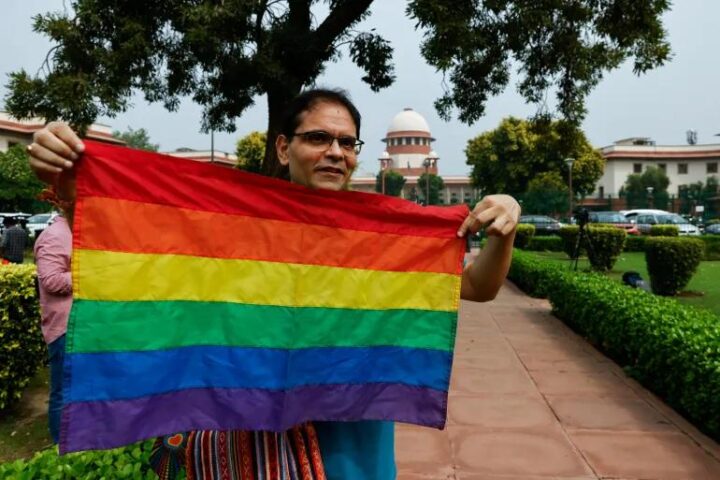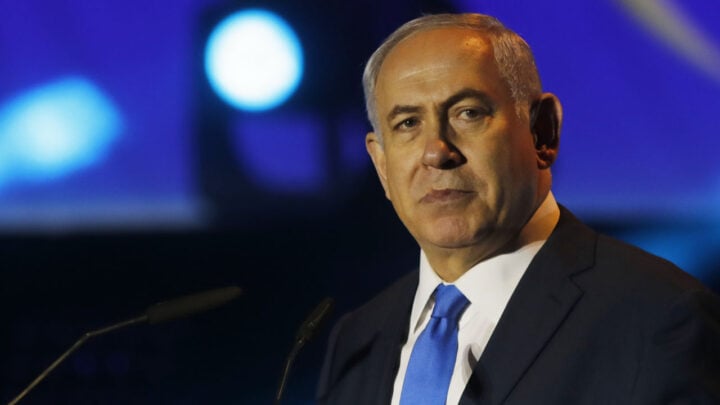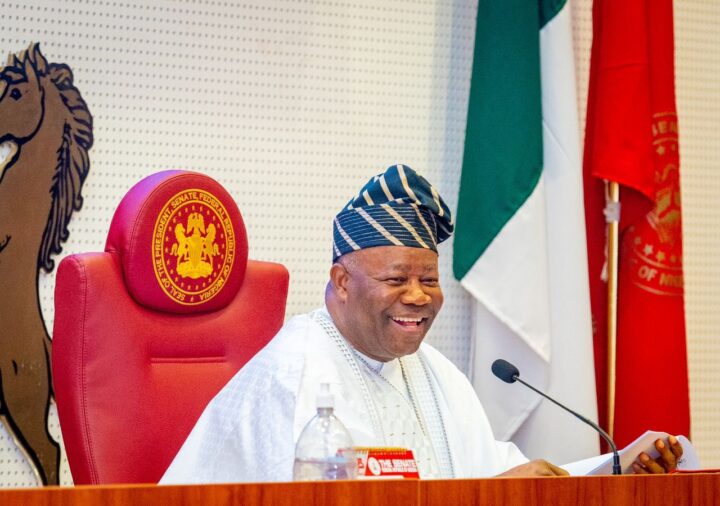Photo Credit: Anushree Fadnavis/Reuters
A long-awaited ruling by India’s supreme court has declined to legalise same-sex marriage in the country.
The five-judge bench headed by D.Y. Chandrachud, the chief justice of India, gave the verdict after hearing arguments in the case between April and May this year.
Chandrachud’s much-anticipated verdict was streamed live on Tuesday across the nation and to a large crowd outside the court who gathered to watch on their cellphones.
The court was considering 21 petitions by same-sex couples and activists who had argued that not being able to marry violated their constitutional rights and made them “second-class citizens”.
Advertisement
The petitioners had proposed that the court could replace “man” and “woman” with “spouse” in the special marriage Act – which allows marriage between people from different religions, castes and countries – to include same-sex unions.
However, government and religious leaders strongly opposed the petitions, insisting that only parliament could discuss the socio-legal issue of marriage.
They argued that allowing same-sex marriage would lead to “chaos” in society.
Although Chandrachud said there was a degree of “agreement and disagreement on how far we have to go” on same-sex marriages while delivering his verdict, he added that queerness is a “natural phenomenon”.
He told the government to ensure the “queer community is not discriminated against because of their gender identity or sexual orientation”.
Activists and same-sex couples expressed disappointment at the judgement and vowed to continue their campaign.
Advertisement
The Indian government had previously frowned at the petitions, calling them “urban elitist views”.
The government had also said that such marriages are not “comparable with the Indian family unit concept of a husband, a wife and children”.
Only Taiwan and Nepal allow same-sex unions in Asia.
Advertisement






